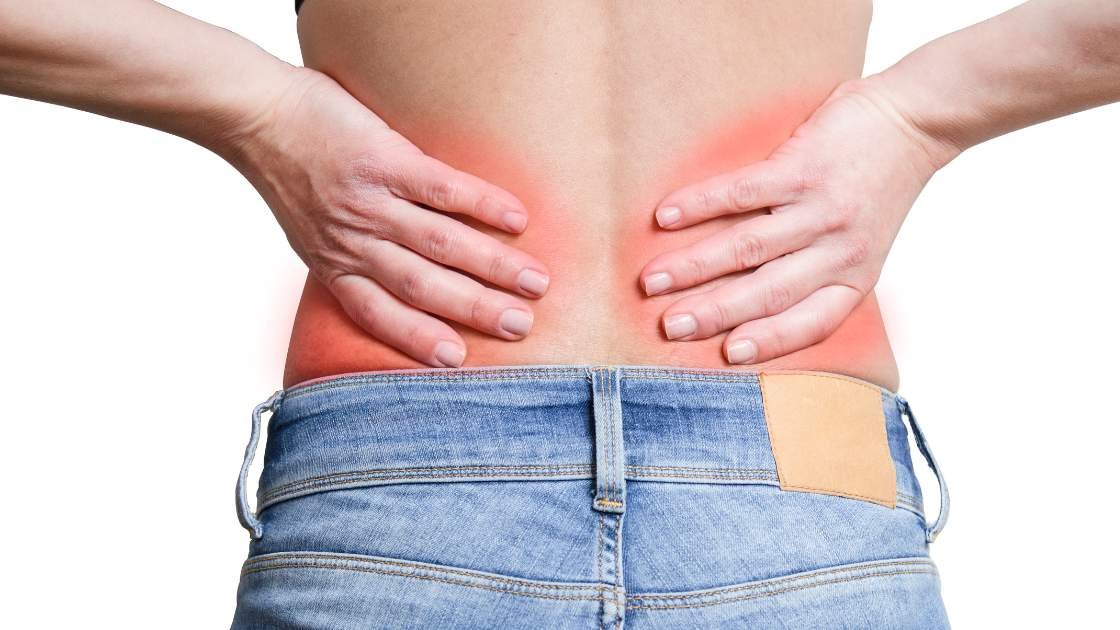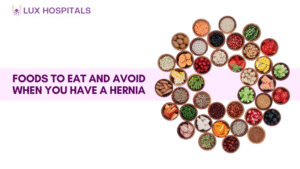“Mastering Kidney Stones: Essential Strategies for Prevention and Relief”

Kidney stones are a painful and potentially debilitating condition that affects millions of people each year. Understanding how they form, recognizing symptoms early, and knowing how to treat and prevent them can make a significant difference in managing this condition effectively. This comprehensive guide will provide essential information about kidney stones, including their causes, treatment options, and prevention strategies to help you maintain optimal kidney health.
What Are Kidney Stones?”
Kidney stones are hard, mineral-rich deposits that form inside the kidneys. They can vary in size and shape, from tiny grains to large, jagged stones. These stones develop when substances like calcium, oxalate, and uric acid in the urine become concentrated and crystallize. As they grow, they can move into the urinary tract, causing severe pain and other symptoms.
Types of Kidney Stones
Calcium Oxalate Stones: The most common type, these stones form when calcium combines with oxalate in the urine.
Uric Acid Stones: These stones form in acidic urine and are often related to a high-protein diet.
Struvite stones: Struvite stones, which are frequently linked to urinary tract infections, have the potential to grow rapidly and can become quite large.
Cystine Stones: Rare stones that occur in people with a genetic disorder that causes excessive cystine in the urine.
Recognizing Kidney Stone Symptoms
Understanding kidney stone symptoms is crucial for early detection and treatment. Common symptoms include:
Nausea and Vomiting: Caused by the pain and irritation in the kidneys.
Cloudy or Foul-Smelling Urine: Indicative of possible infection.

How Are Kidney Stones Diagnosed?
Diagnosis typically involves a combination of methods:
Physical Examination: Your doctor will assess for pain and other symptoms.
Imaging Tests: Ultrasound, CT scans, or X-rays to visualize stones.
Urinalysis: Testing urine for crystals, bacteria, and blood.
Blood Tests: To identify abnormalities in kidney function and mineral levels.
Effective Treatments for Kidney Stones
Treating kidney stones depends on their size, type, and the severity of symptoms. Here are some common treatments:
Non-Surgical Treatments
Hydration: Drinking lots of water aids in flushing out small stones.
Pain Relief: Pain can be managed with over-the-counter medications such as ibuprofen or acetaminophen.
Surgical Treatments
Lithotripsy: A non-invasive procedure using shock waves to break stones into smaller pieces, which can then be passed more easily.
Ureteroscopy: A small scope is inserted through the urethra and bladder to remove or break up stones in the ureter or kidney.
Percutaneous Nephrolithotomy: A surgical operation to extract large stones via a small incision in the back.
Alternative Treatments
Home Remedies: Some people find relief using natural remedies like apple cider vinegar or lemon juice, although these should complement rather than replace medical treatment.
Dietary Adjustments: Reducing intake of foods high in oxalates, such as spinach and nuts, and increasing calcium intake can help manage and prevent stones.
Prevention Strategies for Kidney Stones
Avoiding kidney stones requires altering both lifestyle and dietary habits. Here are some effective strategies:
Dietary Adjustments
Stay Hydrated: Drink at least 8-10 glasses of water daily to dilute urine and prevent stone formation.
Limit Sodium Intake: High sodium levels can increase calcium in urine, contributing to stone formation.
Moderate Calcium Intake: Ensure adequate but not excessive calcium intake through diet or supplements.
Reduce Oxalate-Rich Foods: Foods like chocolate, tea, and certain vegetables can contribute to oxalate stones.
Lifestyle Changes
Regular Exercise: Helps maintain a healthy weight and reduces the risk of kidney stones.
Manage Chronic Conditions: Control conditions like diabetes and high blood pressure that can affect kidney health.
Avoid Dehydration: Drink fluids consistently throughout the day, especially in hot weather or during exercise.
Special Cases and Demographics
Kidney Stones During Pregnancy
Pregnancy can increase the risk of kidney stones due to hormonal changes and increased calcium excretion. Pregnant women should work closely with their healthcare provider to manage symptoms and receive safe treatment options.
Kidney Stones in Children
Kidney stones in children are less common but can occur. Symptoms in children may include abdominal pain, blood in urine, and vomiting. Treatment usually involves increasing fluid intake and, in some cases, medical procedures.
Kidney Stones in Men vs. Women
While both men and women can develop kidney stones, men are generally at higher risk. Differences in diet, anatomy, and hormonal factors can influence stone formation and symptoms.
Conclusion
Kidney stones can be a challenging and painful condition, but understanding their causes, symptoms, and treatment options can help you manage and prevent them effectively. By adopting healthy lifestyle changes, seeking timely medical care, and following preventive measures, you can significantly reduce your risk of developing kidney stones and maintain optimal kidney health.
Whether you’re experiencing symptoms, seeking treatment, or looking to prevent future stones, this guide provides valuable insights and practical advice to help you navigate the complexities of kidney stone management and enjoy a healthier life.
Frequently Asked Questions
The duration for passing a kidney stone can differ based on its size and position. Small stones might pass in a few days, whereas larger stones may need medical treatment.
Certain types of kidney stones, such as uric acid stones, can be dissolved with medication and dietary changes. However, most stones require physical removal or fragmentation.
Avoid foods high in oxalates, such as spinach, nuts, and chocolate, and limit intake of salt and animal proteins.
Surgical procedures for kidney stones can cause discomfort, but pain management techniques and medications are used to minimize discomfort during and after the procedure.
Maintaining good hydration, avoiding excessive intake of high-oxalate foods, and managing risk factors such as obesity and diabetes are key strategies for natural prevention.




















